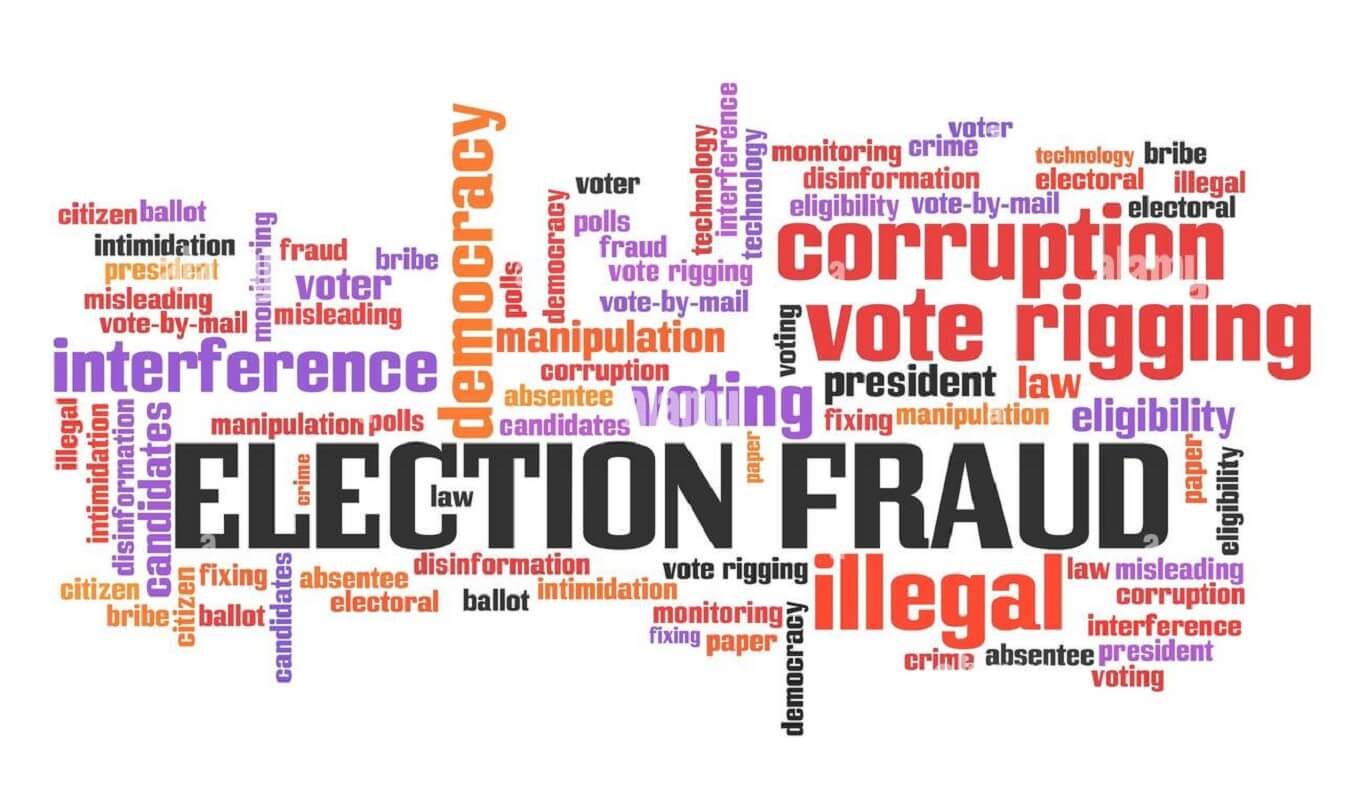Fighting Electoral Corruption in Bangladesh: A Crucial Step Toward True Democracy
Nazmul Haque | 16 April 2023
Corruption in the electoral process in Bangladesh has been an ongoing issue for decades, which threatens both the legitimacy and the stability of the democratic system that is practiced in that country. On the basis of the findings of previous research, this opinion piece will examine the myriad ways in which electoral corruption manifests itself in Bangladesh, as well as its repercussions and the measures that must be taken to bring about reform. A history of electoral corruption has been documented in Bangladesh since its bloody birth in 1971 (Akhter, 2017; Zafarullah & Akhter, 2001). This corruption has taken several forms, including vote rigging, voter intimidation, and manipulation of the election administration. According to Zafarullah and Akhter (2001), the electoral corruption, in conjunction with a pattern of military control followed by civilianization, has created a culture of impunity, which has contributed to the normalizing of electoral malpractice. According to Mollah and Jahan (2018), electoral violence in Bangladesh is also a recurrent concern, further weakening the integrity of the democratic process.
The consolidation of democracy in Bangladesh is being put under severe pressure as a result of electoral corruption, which has far-reaching implications and poses a substantial threat. According to Mostofa and Subedi (2021), the nation has witnessed an increase in competitive authoritarianism, which is characterized by a facade of democracy that covers a system that is fundamentally undemocratic. They claim that this trend has occurred because the country has undergone a rise in authoritarian political competition. In a similar vein, Riaz and Parvez (2021) cite the case of the rigged 2018 election in Bangladesh, which demonstrated the challenges of organizing free and fair elections in a hybrid government. According to Abedin (2020), the persistent corruption epidemic weakens the legitimacy of elected administrations and erodes popular trust in the democratic system.
The following are some of the most important initiatives that need to be taken in order to enhance transparency, accountability, and genuine democracy in Bangladesh so that electoral corruption can be addressed appropriately there:
Establish an impartial electoral commission: According to Akhter (2017), an impartial electoral commission ought to be free from political interference as well as entrenched interests. It should have as its principal responsibility the oversight of the electoral process, the guarantee of fair competition among all political parties, and the investigation of charges of electoral misconduct, according to Molloh and Jahan (2018).
Enhance the rule of law and the independence of the judiciary: According to Zafarullah and Akhter (2001), resolving the issue of electoral corruption requires a judiciary that is both powerful and impartial. This requires removing politics from the judicial system and law enforcement agencies and ensuring that they are able to carry out their duties in an impartial and independent manner (Mostofa & Subedi, 2021).
Encourage transparency and accountability: According to Riaz and Parvez (2021), encouraging transparency in the electoral process is vital for building public trust and discouraging corrupt behavior. In addition, the media and organizations of civil society play an essential part in monitoring the conduct of elections, pushing for electoral reform, and increasing public awareness about the issue of electoral corruption (Abedin, 2020).
Encourage political inclusiveness: A genuine democracy requires the protection of democratic rights and the inclusion of all political actors in the electoral process (Mostofa & Subedi, 2021) . This requires the establishment of a level playing field for all political parties as well as the protection of the rights of opposition parties to openly campaign without the threat of being intimidated or subjected to physical harm (Mollah & Jahan, 2018).
Implement electoral reforms: According to Akhter (2017), in order to address the underlying reasons of electoral corruption, it is crucial to implement electoral reforms on a comprehensive level. This may involve changing election rules, providing stiffer punishments for individuals who are found guilty of electoral fraud, and creating methods to safeguard the security and integrity of the voting process (Zafarullah & Akhter, 2001).
Participate in efforts to garner support and cooperation from international actors: According to Riaz and Parvez (2021), the international community has the power to offer financial and technical aid in order to assist in the implementation of electoral reforms and to improve openness and accountability within the election process.
To summarize, the fight against election corruption in Bangladesh is necessary for the continued development of democracy in the country. Bangladesh can overcome the problems posed by electoral corruption and pave the way for a democracy that is both more resilient and representative if it undertakes extensive election reform, strengthens the rule of law, and promotes openness and accountability.
Nazmul Haque is a Research Fellow at the Centre for Governance Studies (CGS). Mr. Haque is currently pursuing his Master’s in Philanthropic Studies at Lilly Family School of Philanthropy, IUPUI, Indianapolis, USA. He is working as a graduate assistant at Muslim Philanthropic Initiative (MPI) and assisting the research team of MPI. He is also an executive member of South Asia Centre for Labour Mobility and Migrants (SALAM), a knowledge hub supported by International Labour Organization (ILO), International Organization for Migration (IOM) and UN WOMEN. Mr. Haque has co-authored numerous articles (, policy briefs and also coordinated numerous research.
Views in this article are author’s own and do not necessarily reflect CGS policy.
